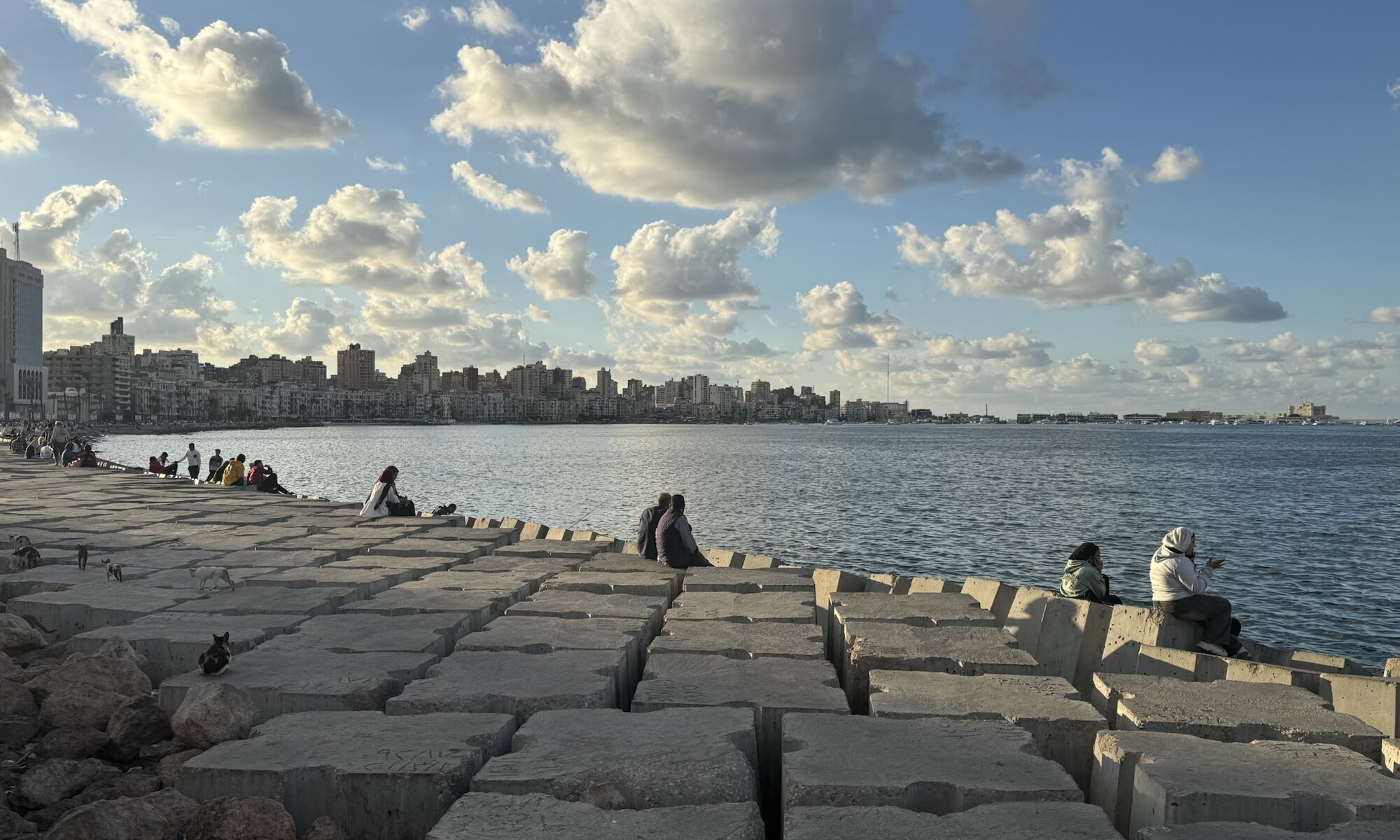الإسكندرية, located on Egypt’s Mediterranean coast, is a city with a rich history that dates back to its founding in 331 BCE by Alexander the Great. Established to be both a strategic military site and a vibrant commercial hub, it quickly rose to prominence under the Ptolemaic dynasty. الإسكندرية became renowned for its cultural and intellectual achievements, most famously housing the legendary Library of Alexandria and the Pharos Lighthouse, one of the ancient world’s seven wonders. Over centuries, the city evolved into a melting pot of Greek, Egyptian, and later Roman and Islamic influences, holding a pivotal role in early Christianity and Hellenistic scholarship.
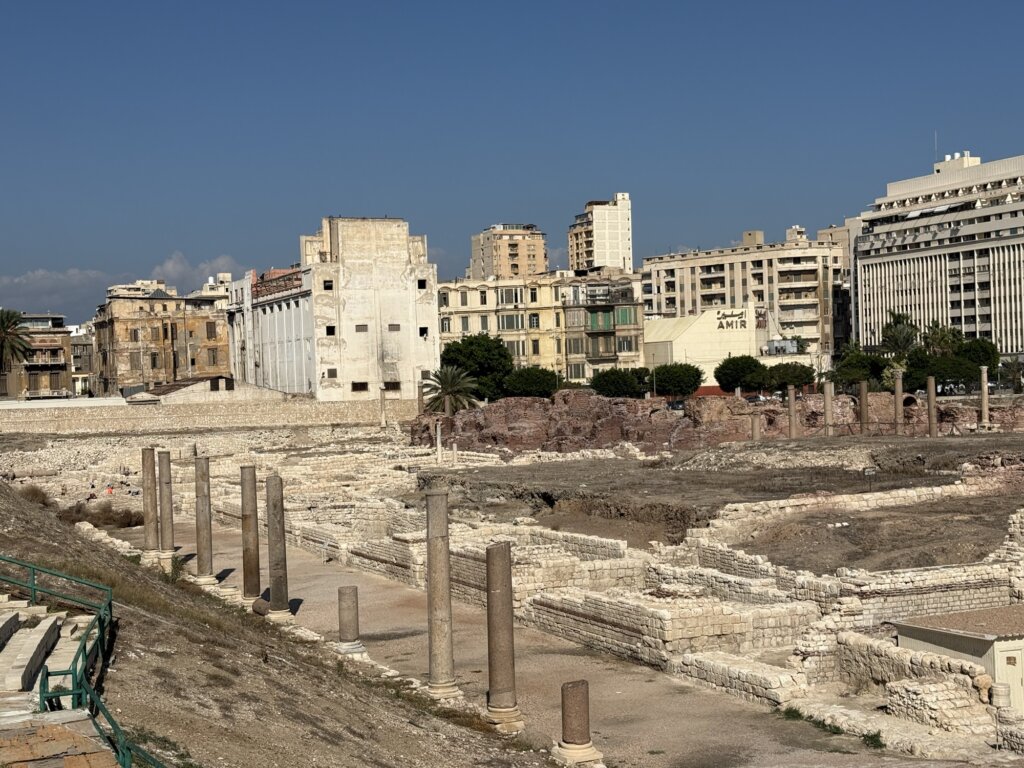
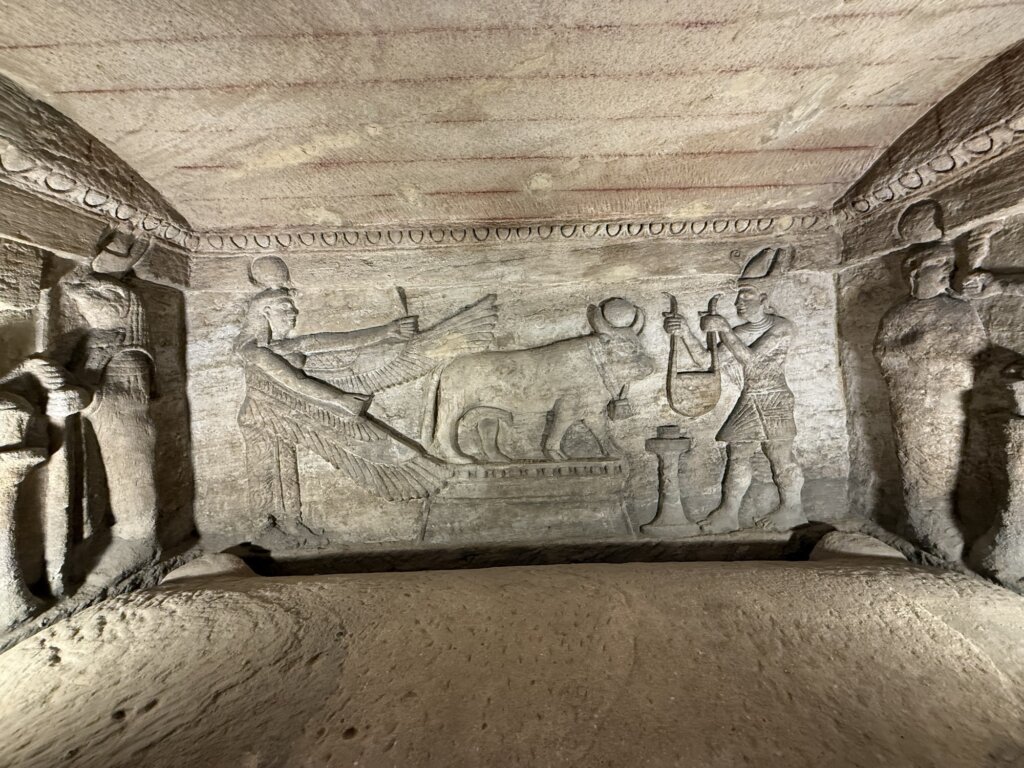
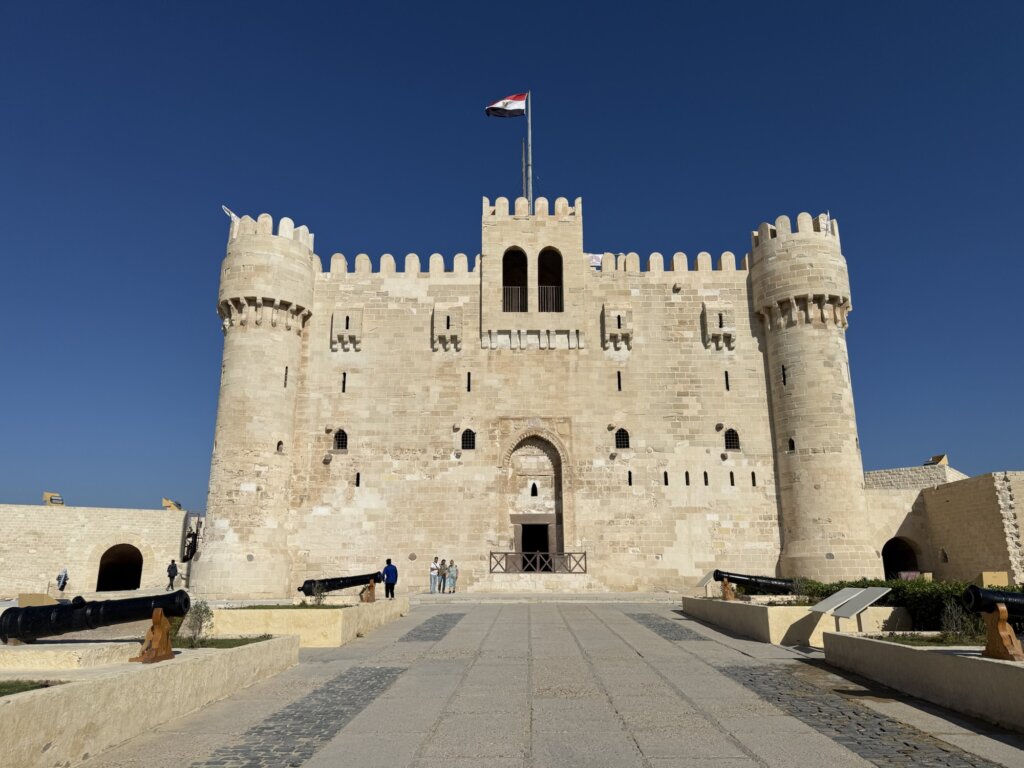
Today, travellers visiting الإسكندرية can step into this layered history through a number of key sights. The modern Bibliotheca Alexandrina revisits the grandeur of the ancient library and serves as a cultural centre, combining a vast library with several museums, including those showcasing antiquities and manuscripts. The Citadel of Qaitbay, built in the 15th century on the original site of the Pharos Lighthouse, offers historical insight alongside panoramic views of the Mediterranean. Archaeological gems like Pompay’s Pillar and the Roman Amphitheatre reveal the city’s rich Greco-Roman heritage, while the Catacombs of Kom el Shoqafa provide a haunting glimpse into ancient burial traditions.
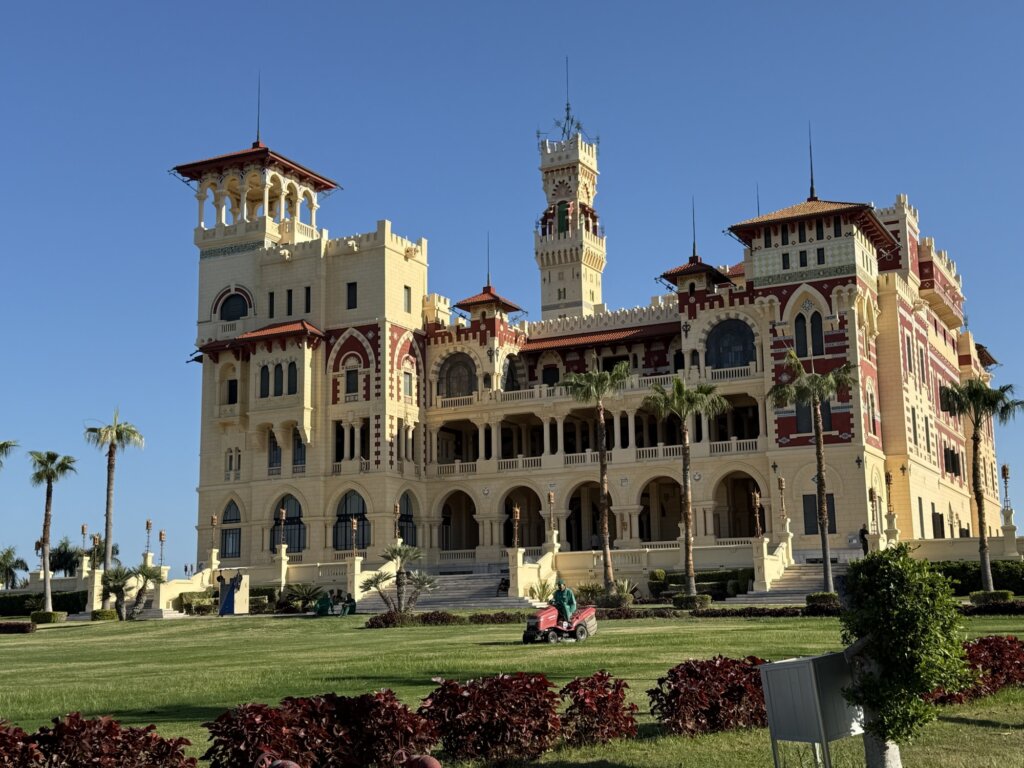
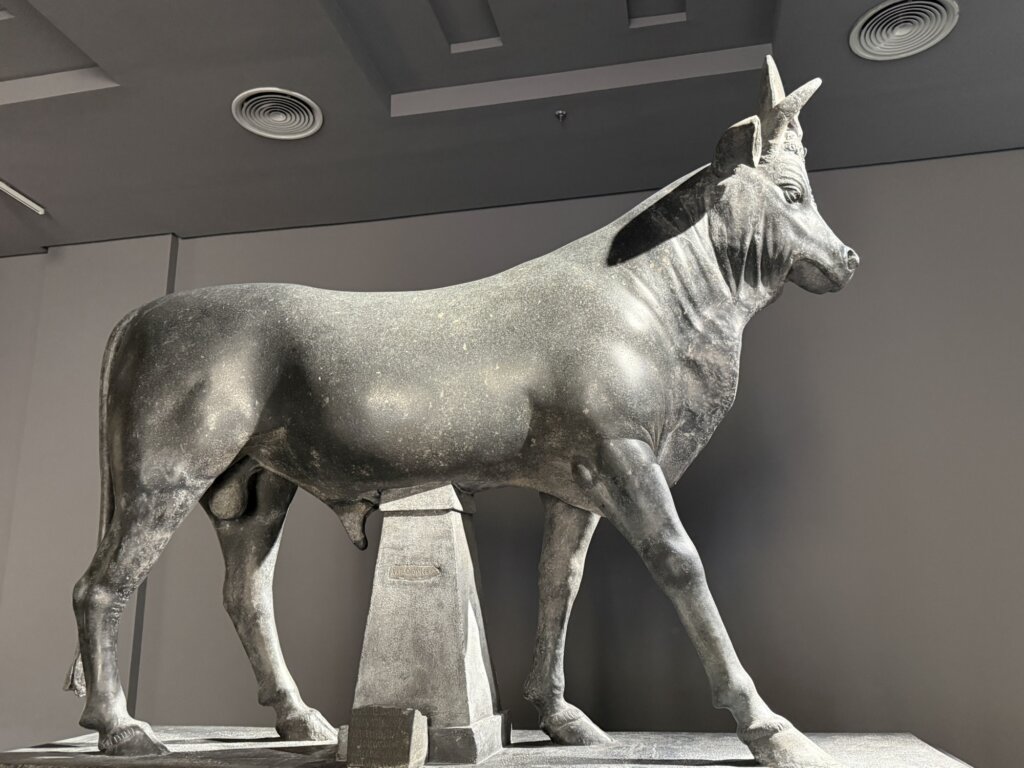
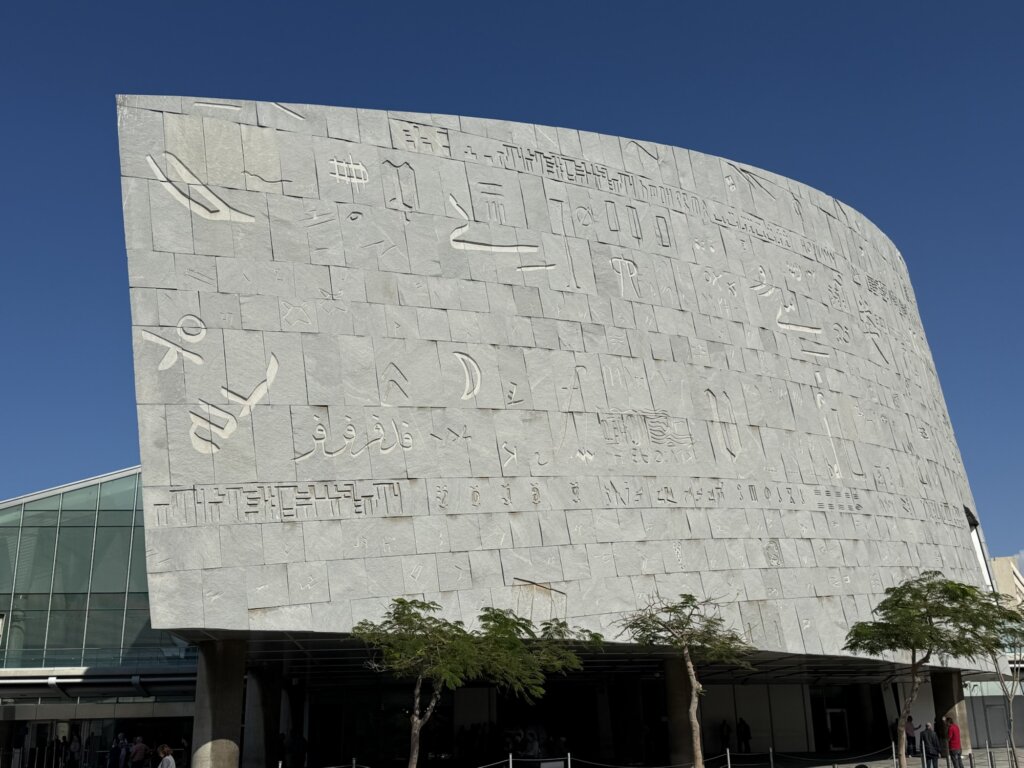
Beyond its historical landmarks, الإسكندرية is also known for its charming Corniche – a picturesque waterfront promenade lined with cafes and bustling markets. Montazah Palace and its gardens offer a green retreat with splendid seaside views, reflecting the city’s royal past. Souks such as Mansheya bring alive the vibrant local culture with their lively bazaars, traditional crafts, and fresh seafood markets, giving visitors an authentic taste of Alexandrian life.
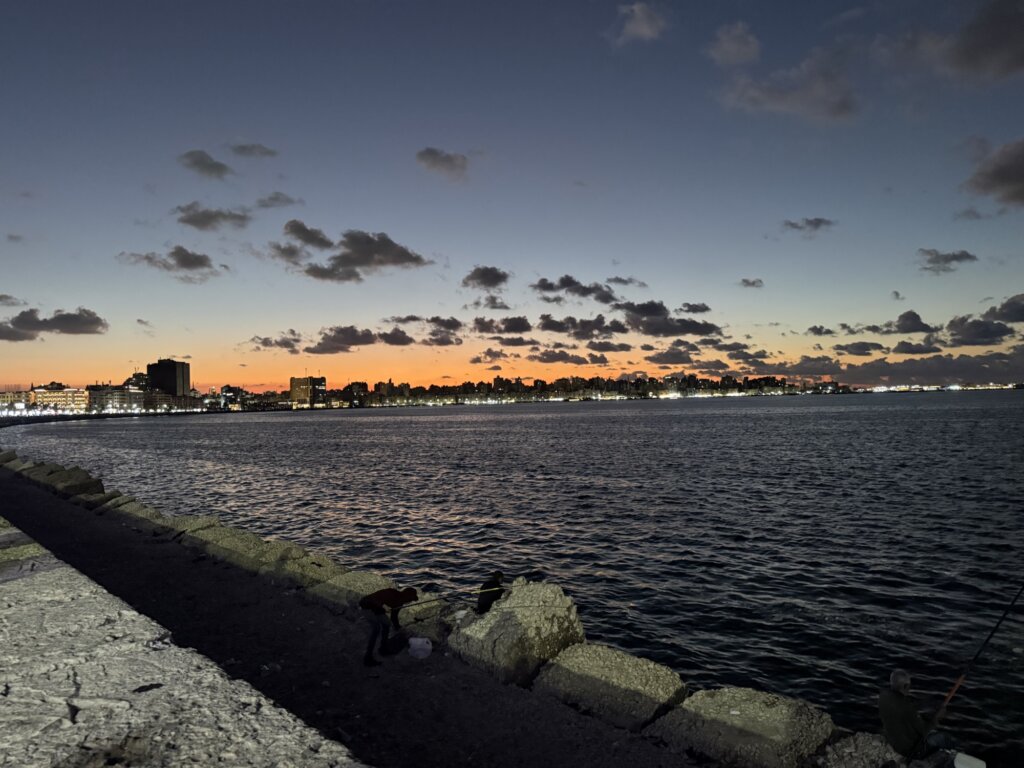
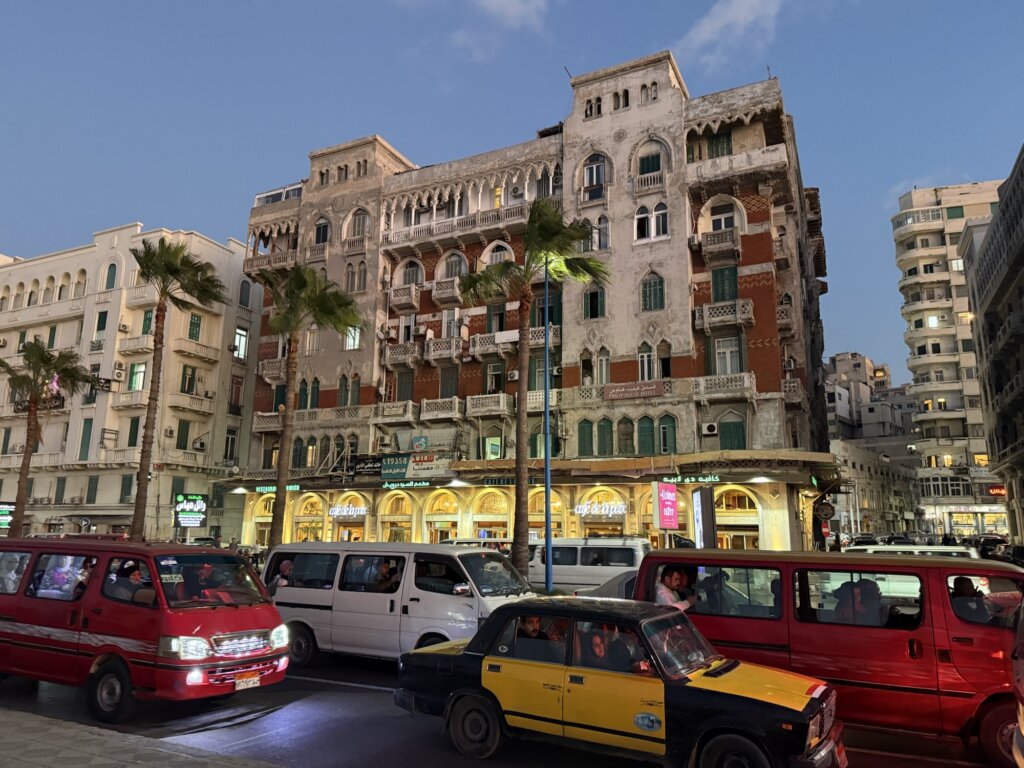

In sum, الإسكندرية today is a city where ancient history and contemporary life meld seamlessly. Whether wandering through museums, exploring Roman ruins, or enjoying the sea breeze along the Corniche, travellers will find a unique blend of cultural heritage and modern charm that invites both reflection and relaxation. It is a destination that offers a profound connection to the past while embracing the dynamic spirit of a Mediterranean port city.
Alexander the Great
Alexander the Great was one of history’s most remarkable figures, a Macedonian king whose ambitions reshaped the ancient world. Born in 356 BC in Pella, the capital of Macedon, he was tutored by Aristotle and ascended to the throne after the assassination of his father, King Philip II. From the start, he demonstrated remarkable strategic brilliance and boundless ambition, uniting the Greek city-states under his command before setting his sights on the Persian Empire, the dominant power of his age.
His conquest of Egypt in 332 BC came as part of his sweeping campaign against Persia. Marching through Syria and into the Levant, Alexander encountered relatively little resistance as many cities surrendered after his victories in Asia Minor and at Issus. When he reached Egypt, the local population, weary of Persian domination, welcomed him as a liberator rather than an invader. At مَنْف, he was crowned pharaoh and accepted as the son of Amun, aligning himself with local religious traditions to secure legitimacy in the eyes of the Egyptian people.
Alexander’s decision to conquer Egypt was strategic as much as symbolic. Control of the Nile valley offered him secure access to the Mediterranean, a valuable grain supply, and a launching point for further campaigns eastward into Persia. The conquest also allowed him to present himself not merely as a conqueror but as a unifier of Greek, Egyptian, and Persian cultures. His founding of الإسكندرية on the Mediterranean coast reflected this vision. The city would become a symbol of his enduring legacy, blending Greek learning and Egyptian heritage into one of the most influential centres of the ancient world.
His personal rule over Egypt, however, was brief. After spending only a few months consolidating power and commissioning الإسكندرية, Alexander resumed his march toward Persia, leaving the region in the hands of trusted governors. Following his death in Babylon (today located in Iraq) in 323 BC, his vast empire was divided among his generals, known as the Diadochi. Egypt came under the control of Ptolemy, one of his close companions, who founded the Ptolemaic Dynasty. Thus, Alexander’s rule ended not through revolt or conquest but through the fragmentation of his empire, which, though short-lived, left an indelible mark on Egypt’s history and identity.
Alexandria
الإسكندرية
Egypt
Loading map...


